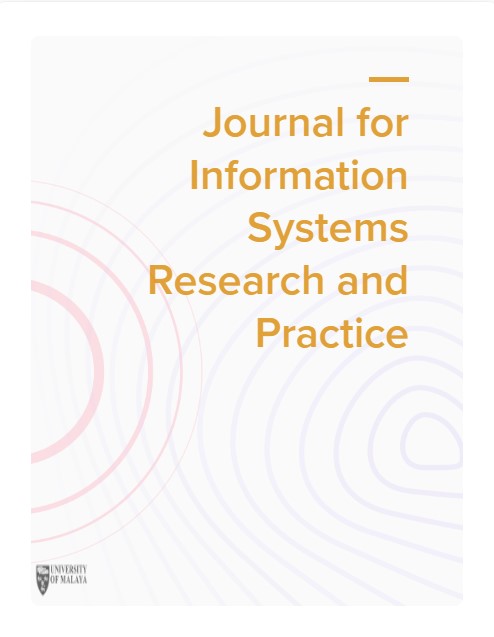Applications of Information System Success Model and Task-Technology-Fit Theories: A Review
Keywords:
Information System Success Model; Task-Technology-Fit; Review; Digital libraries.Abstract
The Information System Success Model (ISSM) and Task-Technology Fit (TTF) theories offer a means of evaluating the efficiency of technology in a system by analyzing the correlation between the technology and the tasks it is intended to facilitate. The two theories are generally acknowledged and have been implemented in several ways, although there has been less effort to consolidate and integrate the utilization of ISSM and TTF in literature. The objectives of this study are (1) to find and analyze pertinent literature that utilizes the TTF and ISSM models in the context of higher education, (2) to identify which of these theories are the most commonly used models, and (3) to evaluate the studies that combine TTF and ISSM in the context of digital libraries. The findings revealed that the applied studies are primarily aimed to develop theories or evaluate specific real-world phenomena. These studies were conducted in various settings, with a majority of them being in public universities. Additionally, the combination of these two theories is seldom in the context of digital libraries. The outcomes of this study lead to a better knowledge of TTF and ISSM applications, and help in the process of formulating future research to further analyze TTF and ISSM investigations.
Downloads
Published
How to Cite
Issue
Section
License
Copyright (c) 2024 Journal of Information Systems Research and Practice

This work is licensed under a Creative Commons Attribution-ShareAlike 4.0 International License.





